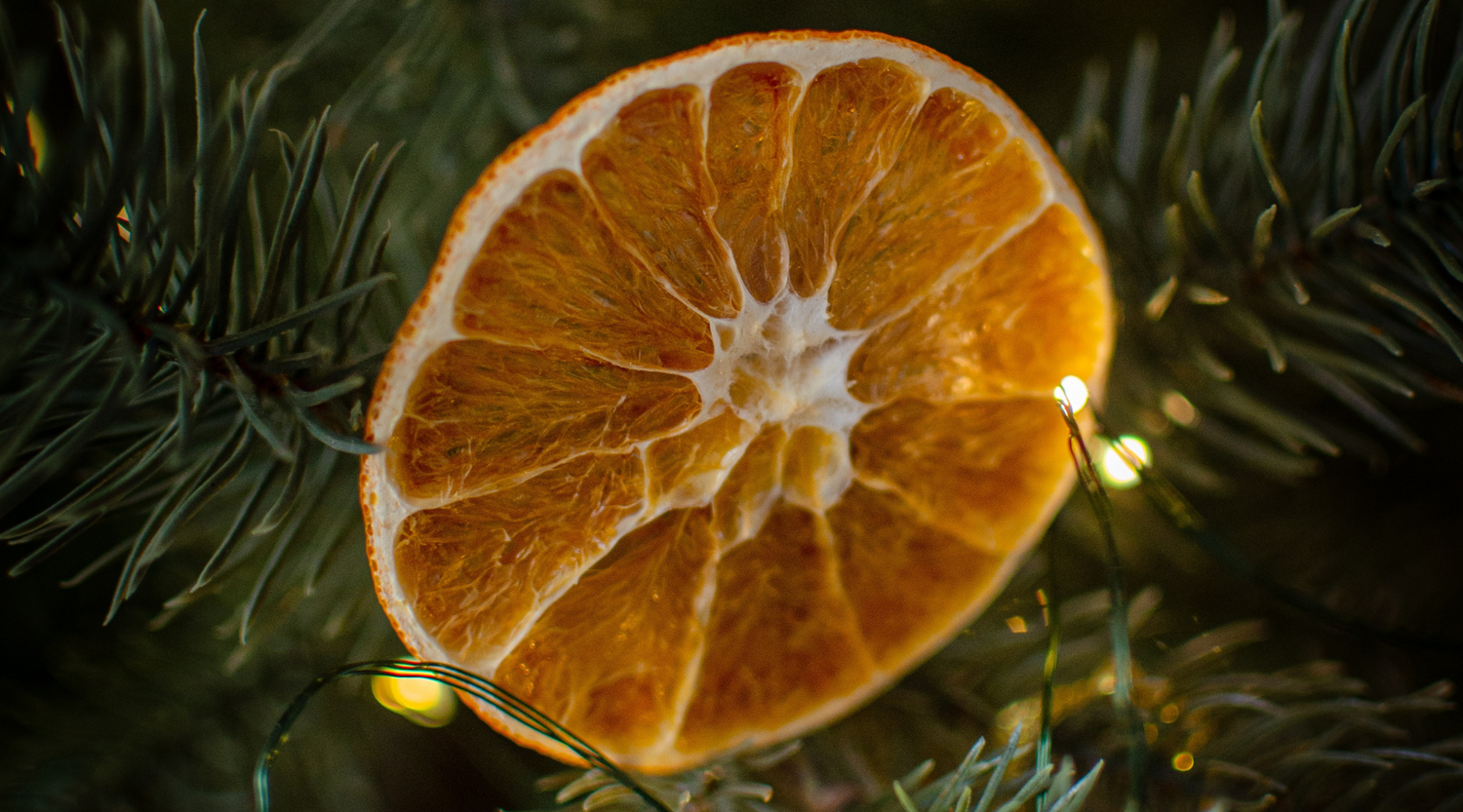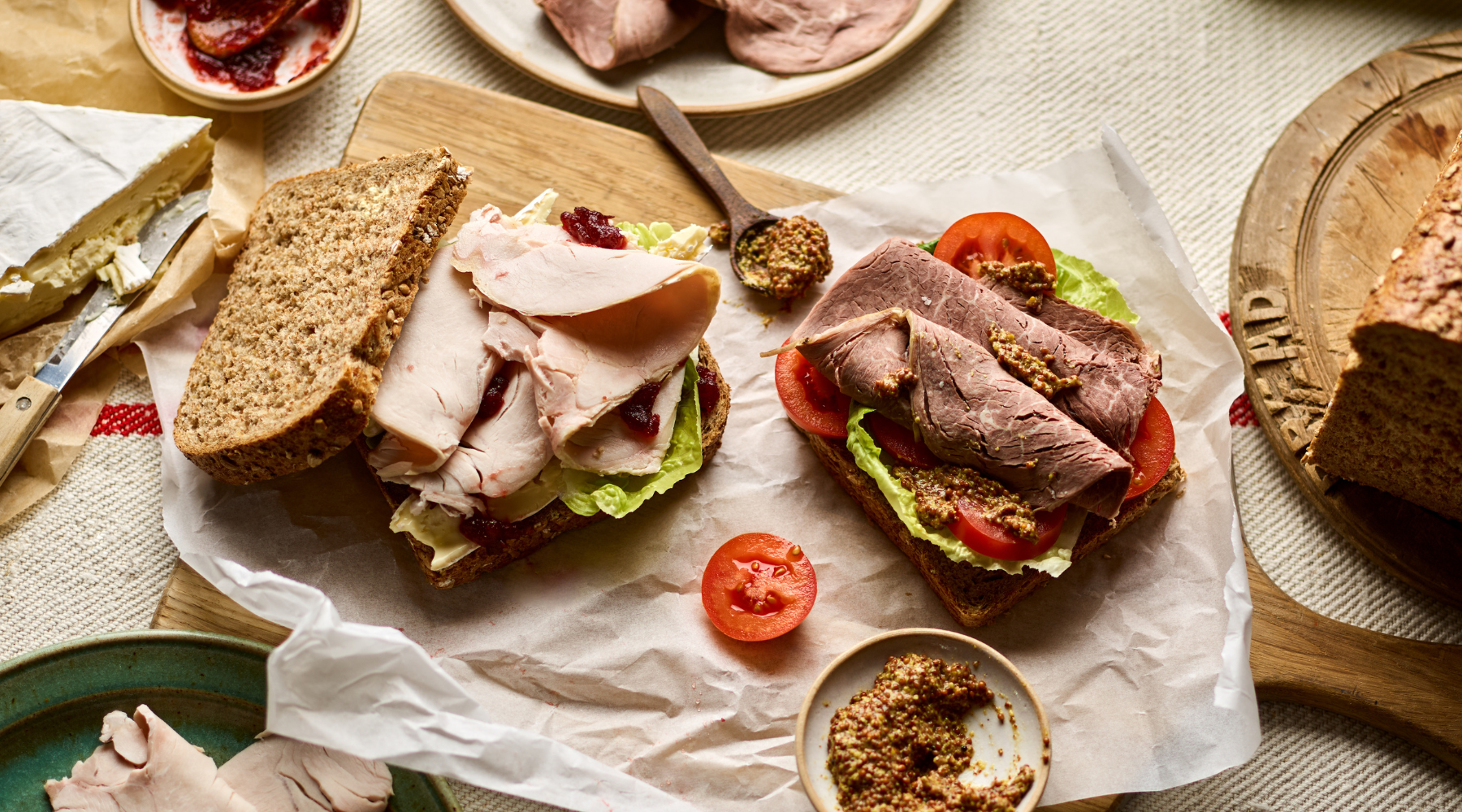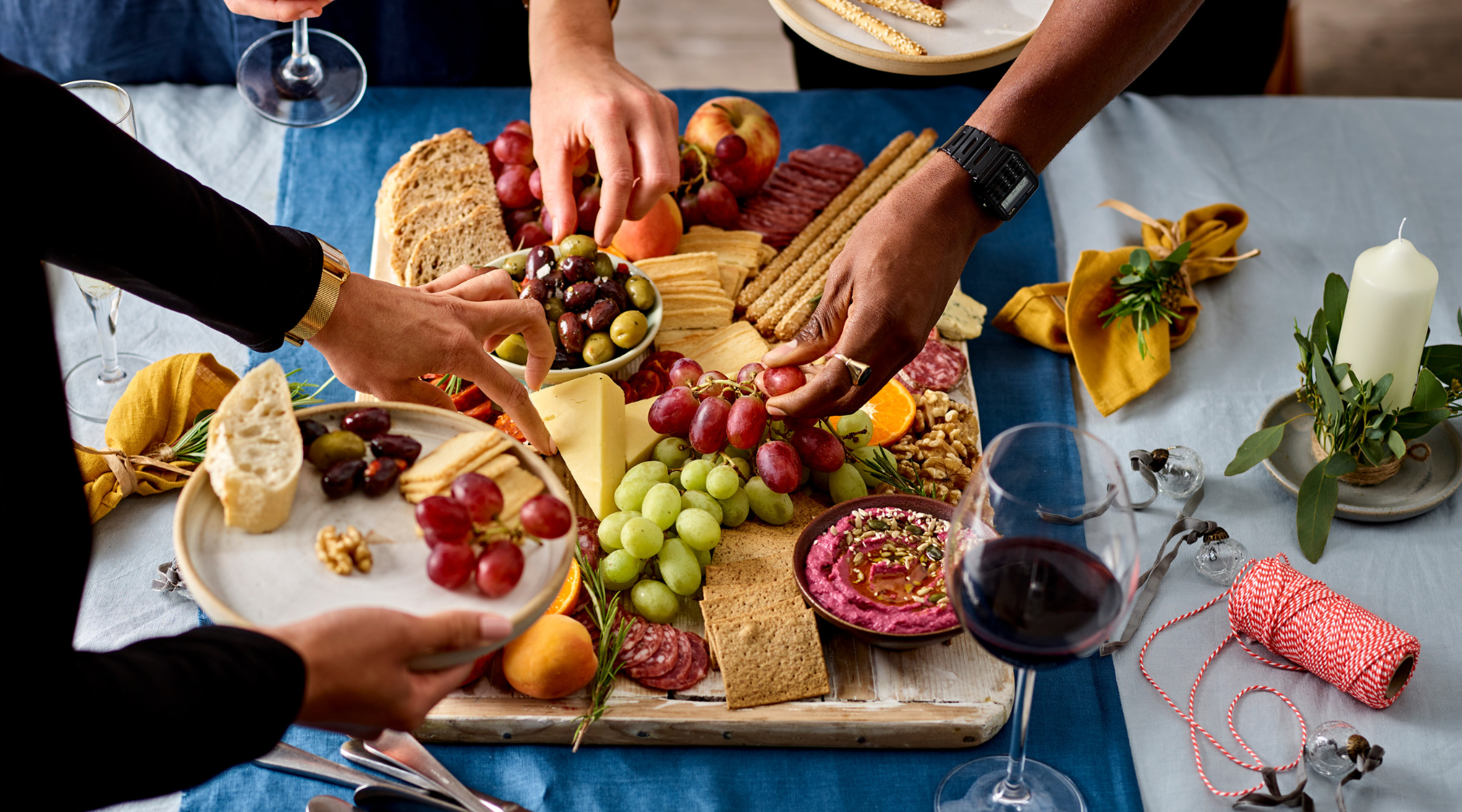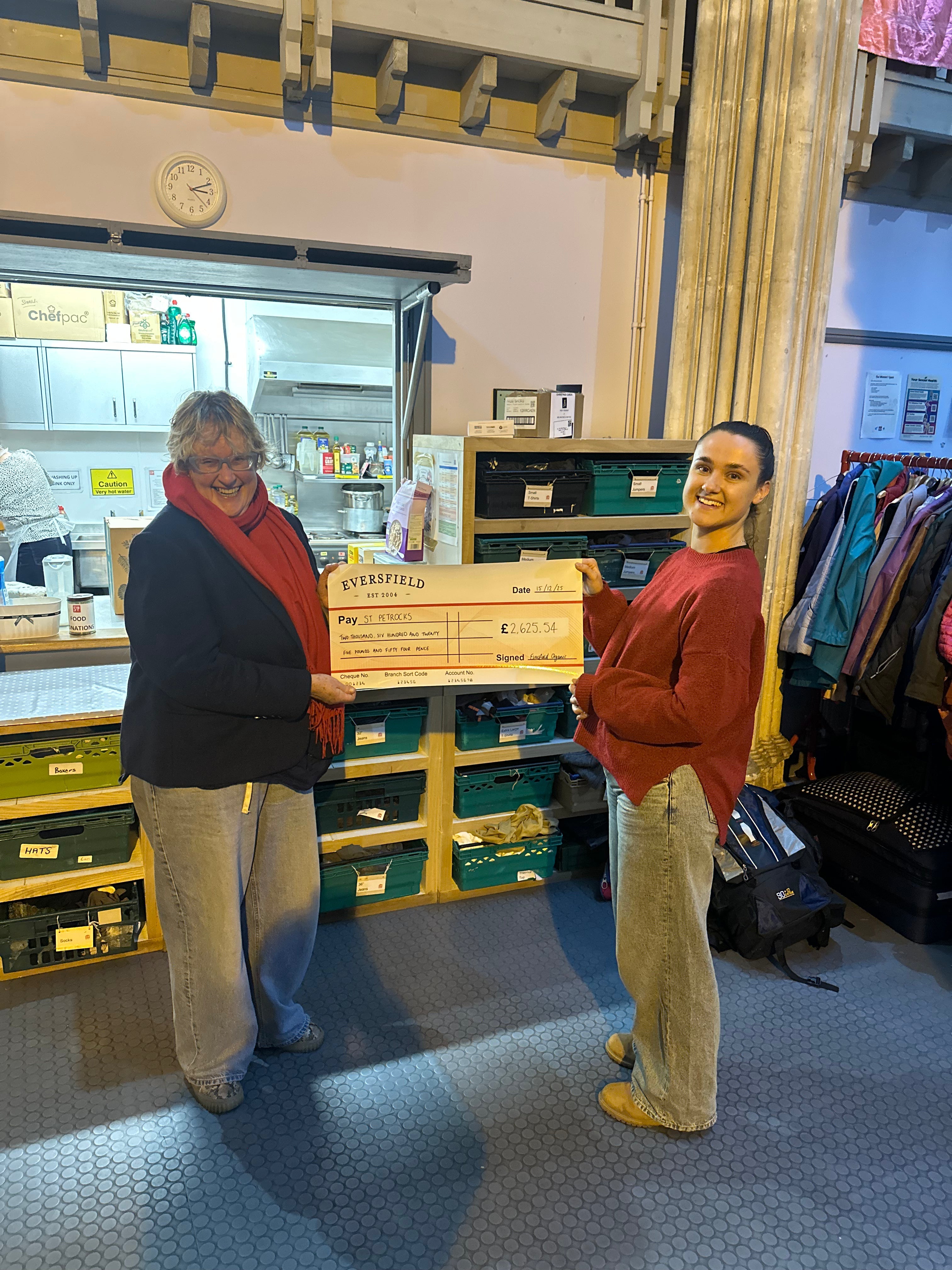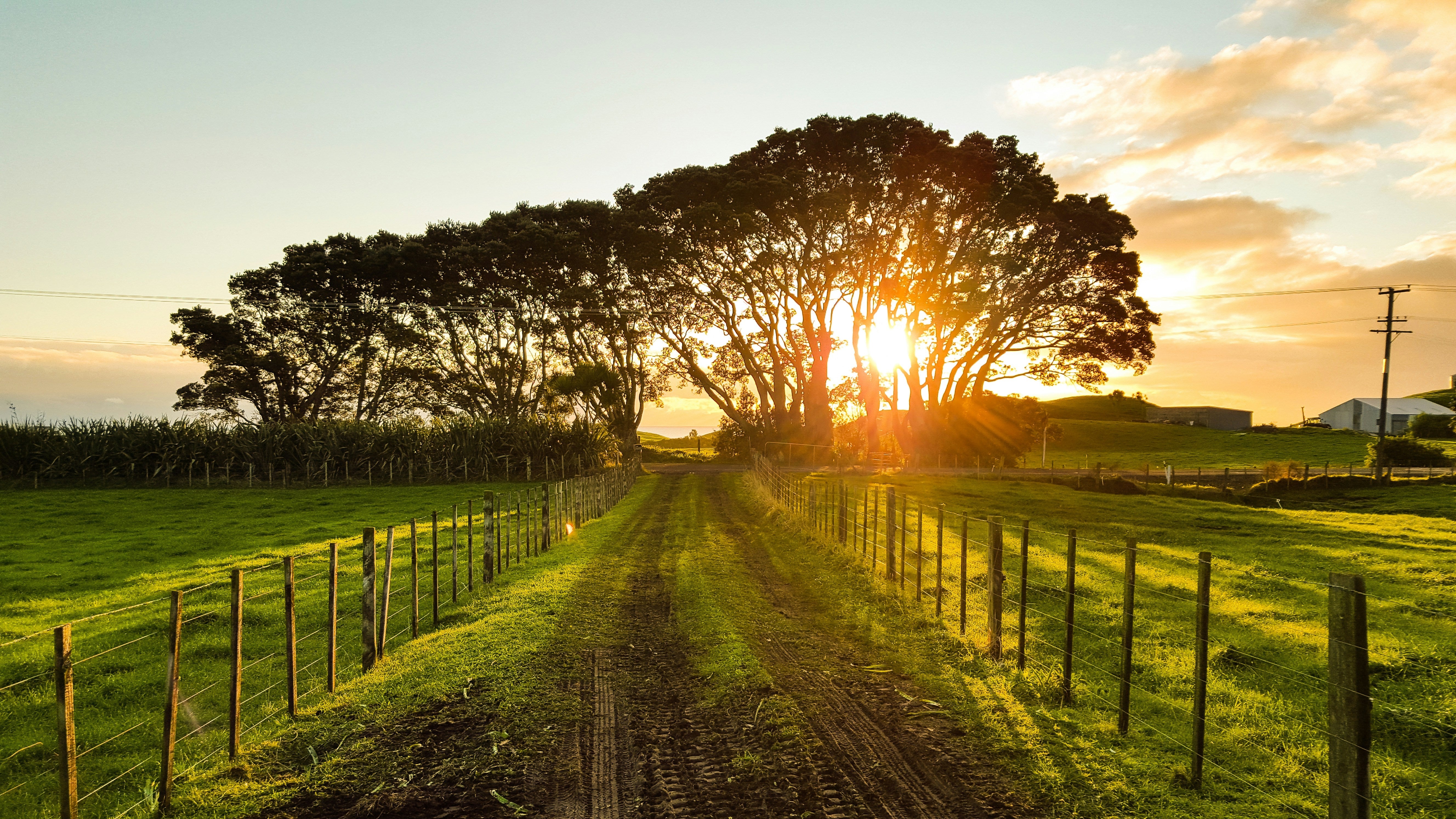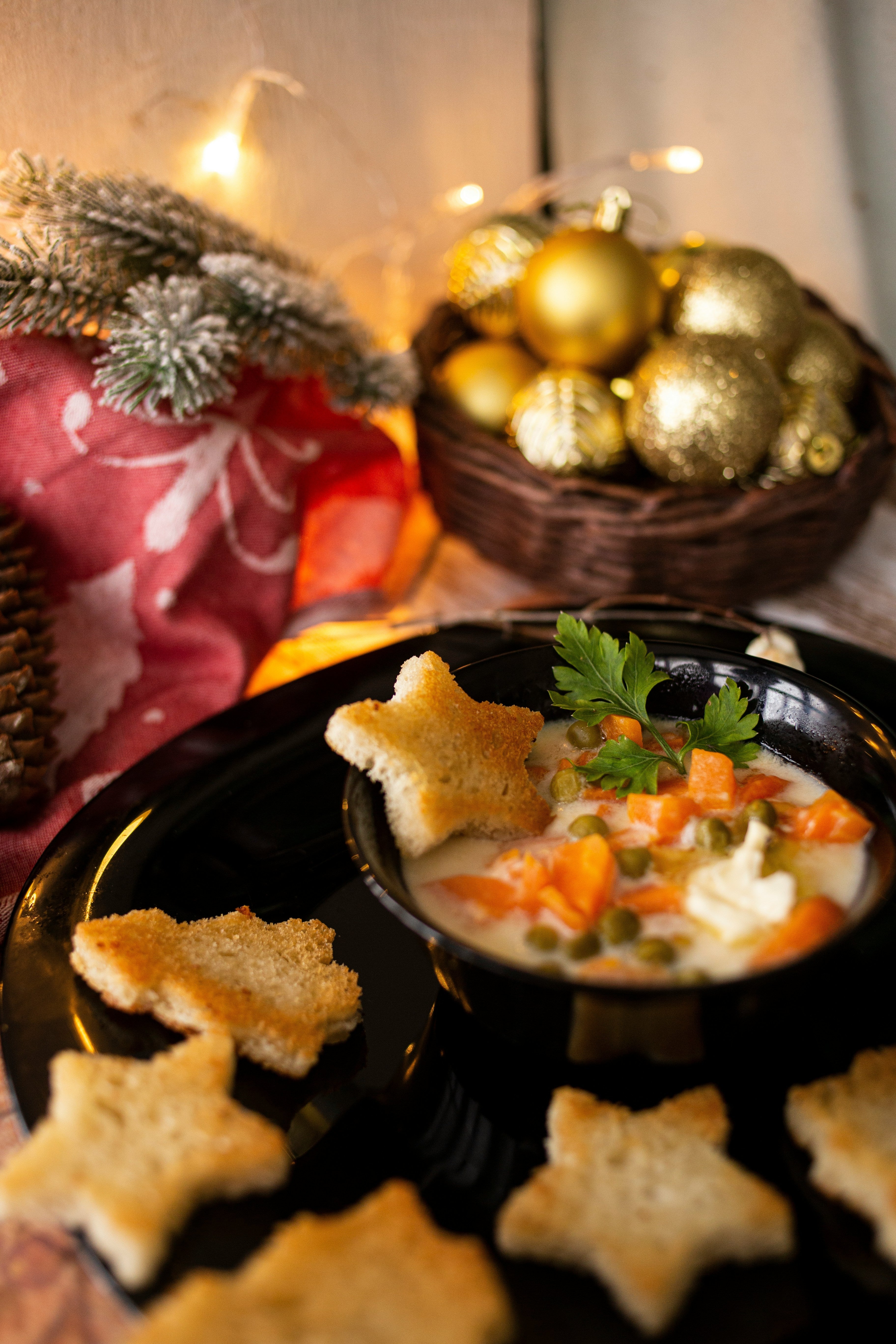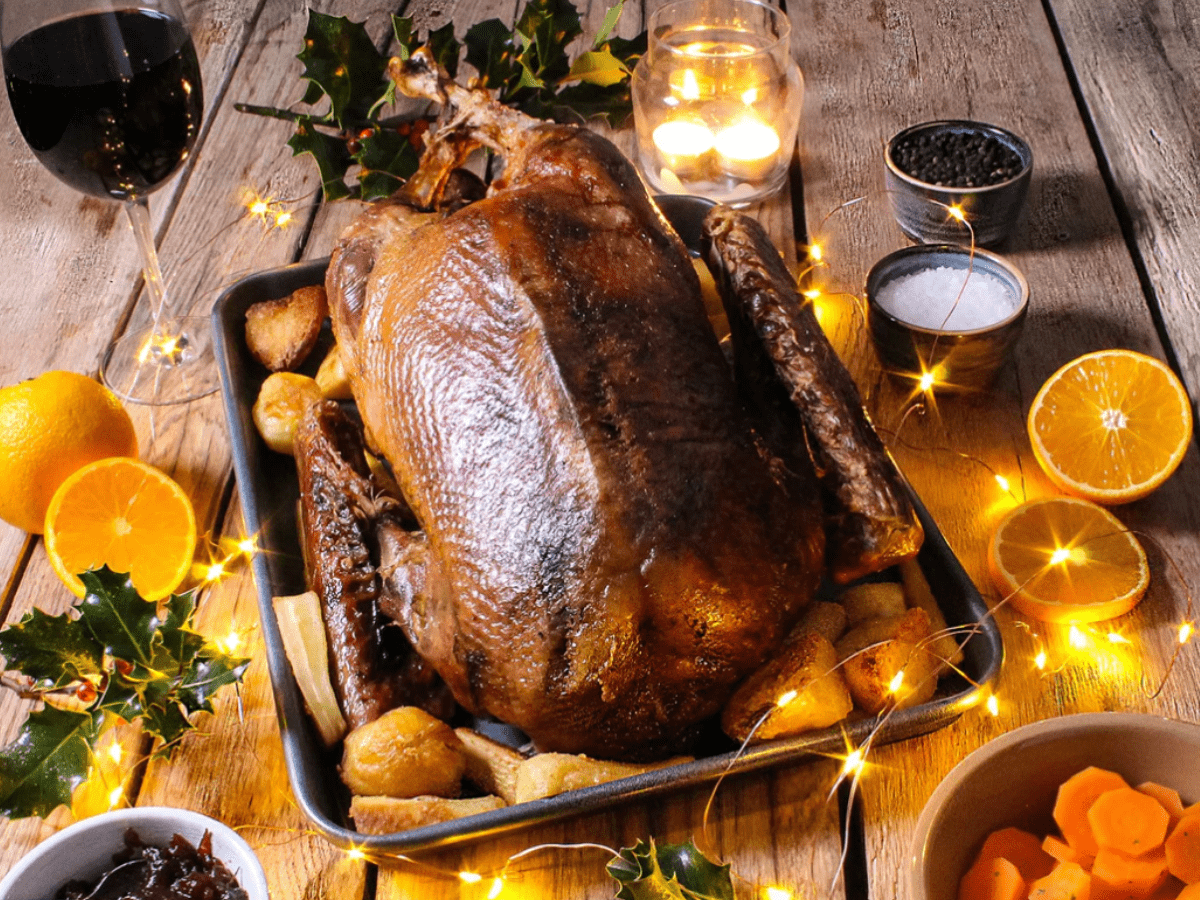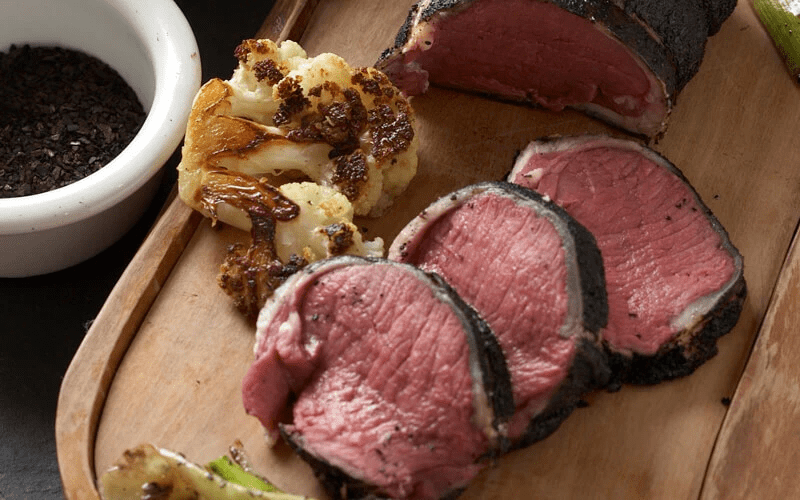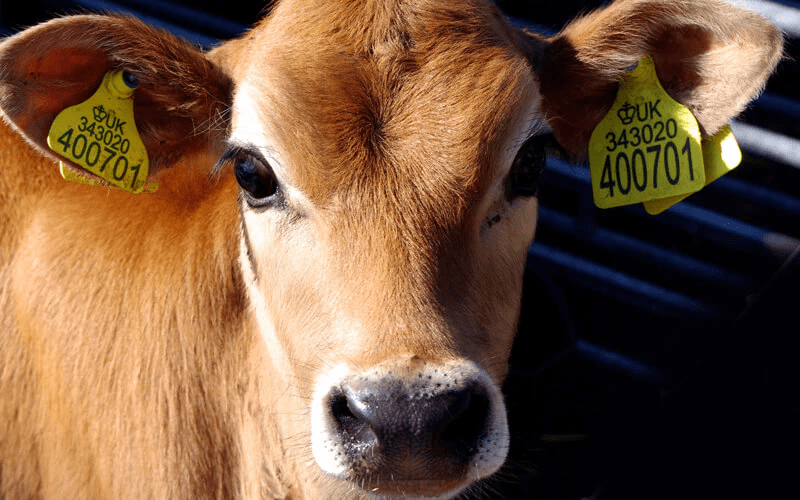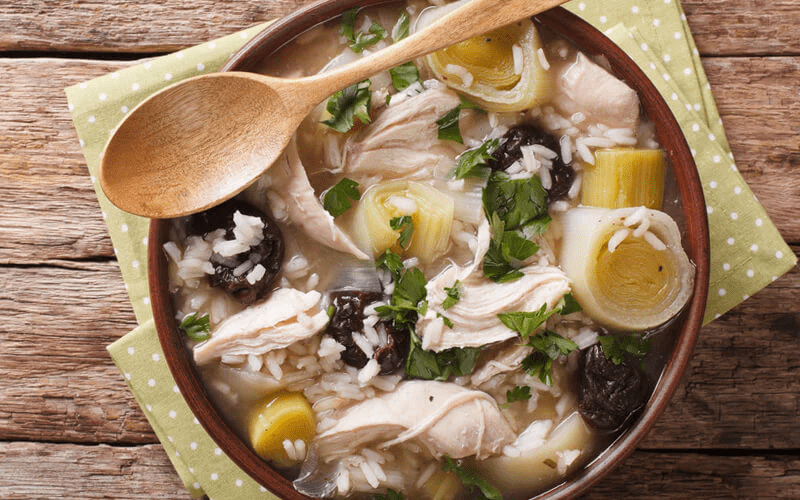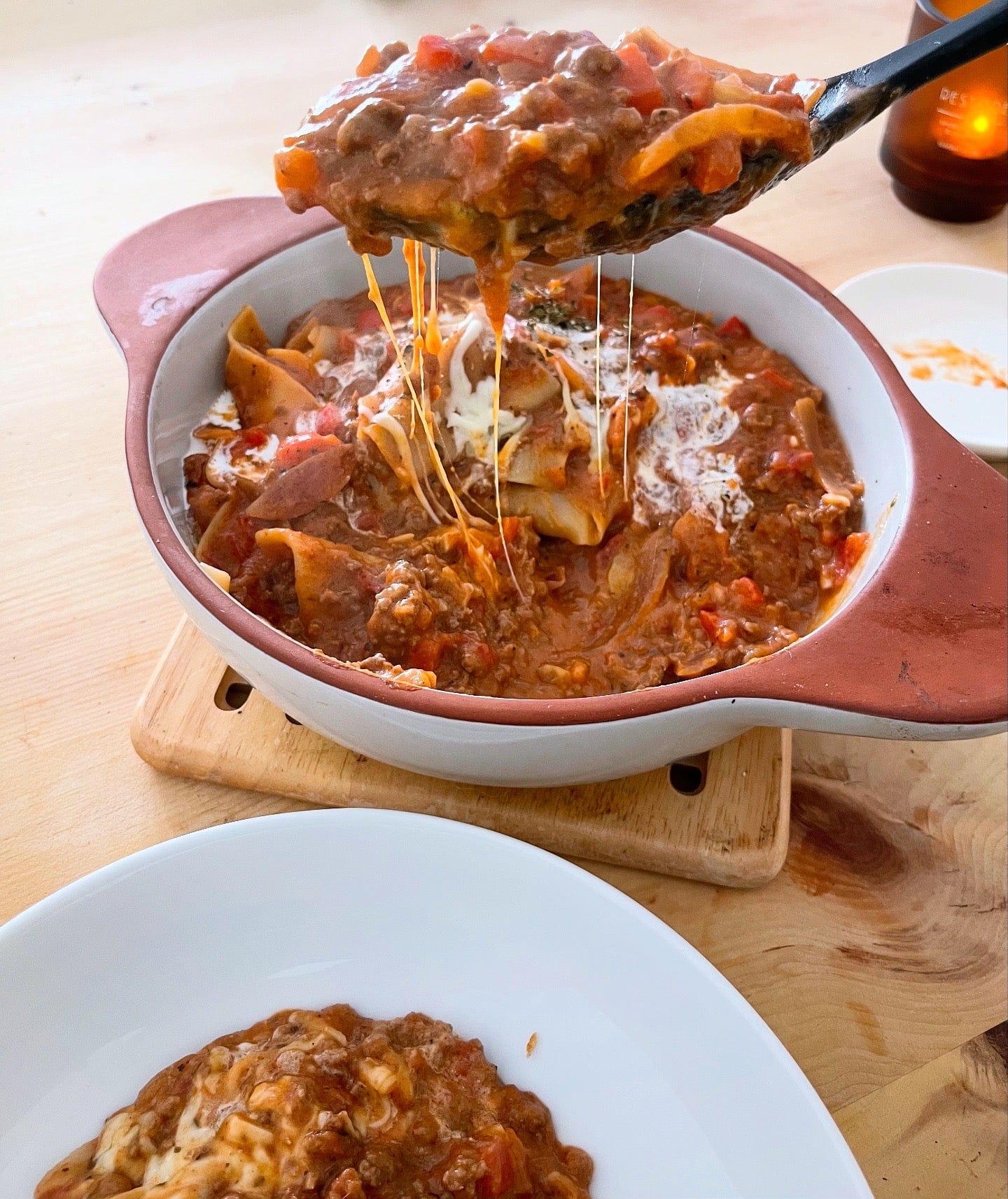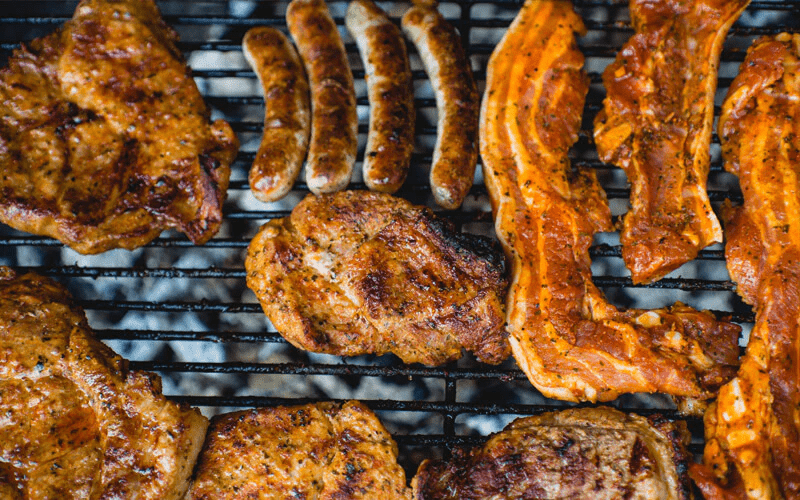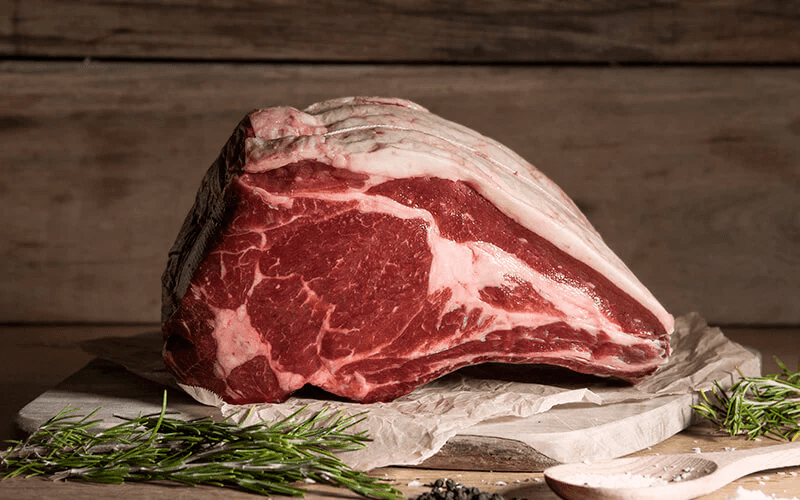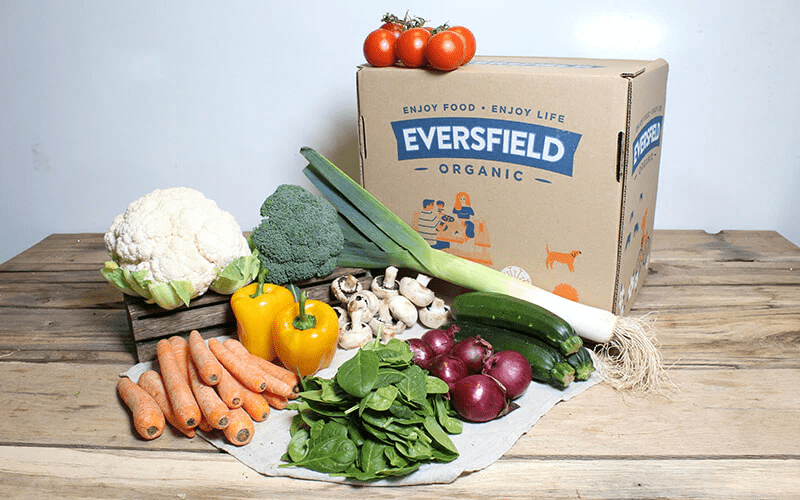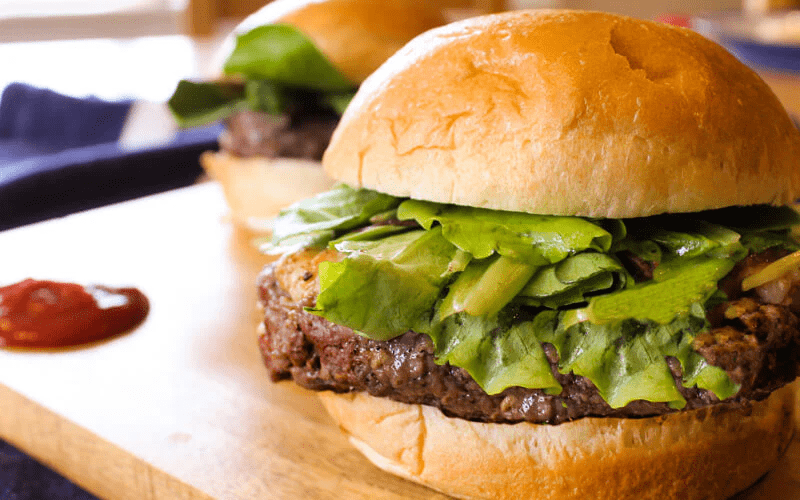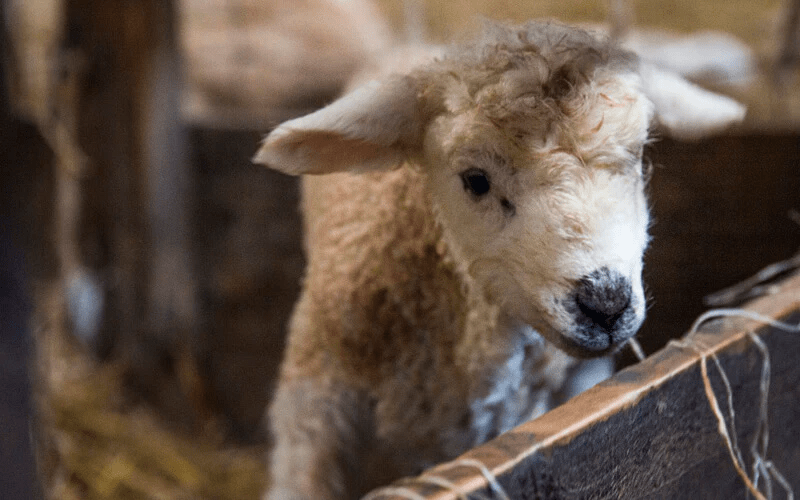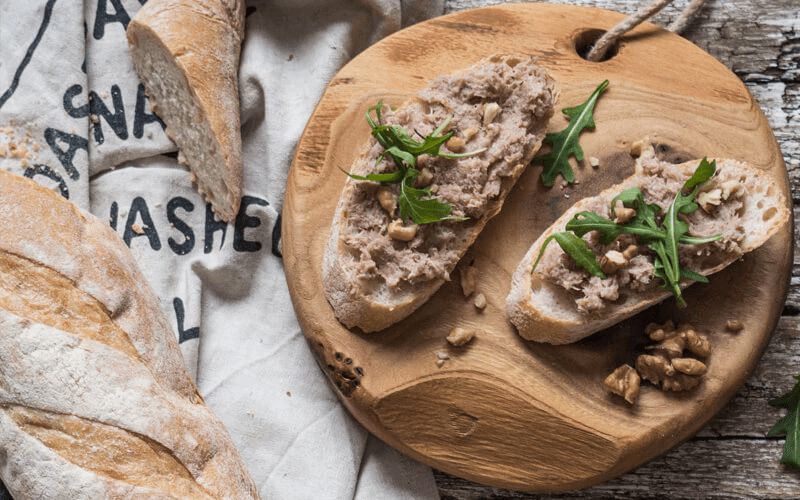Celebrate a Zero Waste Christmas
Sustainable celebrations need thoughtful choices
With a focus on minimising waste and making mindful choices, a Zero Waste Christmas offers a wonderful opportunity to celebrate the festive spirit while caring for the environment.
Christmas Trees
The sustainability of real Christmas trees has been a topic of ongoing debate. An estimated 8 million will be bought in the UK, and the vast majority will be discarded come early January. However, Christmas tree plantations can play a role in helping the environment. Grown for an average of 7 years before felling, Christmas trees pull carbon from the environment during their lifespan. Additionally, for every Christmas tree cut down, up to 3 new seedlings are planted. When sourcing your tree this year, check for certification by the Forest Stewardship Council, which manages forests to the highest environmental standards. Look out for trees sold with a root ball, which can be kept for years.
When it's time to take the tree down on Twelfth Night, avoid sending it to landfill, which releases planet-damaging methane as the tree decomposes. According to the Carbon Trust, burning it on a bonfire or chipping it for your garden is the most environmentally friendly way to dispose of your tree if it can't be replanted.

Sustainable Decorations
The most sustainable decorations are the ones you already own, so don't get rid of your vintage fairy lights or the tinsel acquired over many years. If you're looking to add to your collection, consider sustainable decorations for a unique charm.
Not all of us are natural crafters, so don’t worry if the most you have made up to this point is a paper chain. There are some simple ideas you can try, or keep the kids entertained whilst you get on with Christmas preparations.
Dried Orange Garland
Slice oranges thinly and bake the slices in a low oven (120C) on a lined baking sheet for up to an hour until completely dried out. Turn the slices once during cooking to get an even finish. Once completely cooled, thread onto Christmassy twine or ribbon.
Paper Stars
Leftover wrapping paper can be fashioned into hanging stars that can be strung individually or as a garland or scattered on your festive table. Simple to make, they make an eco friendly statement.

Giving Zero Waste Gifts
Every year, people in the UK throw away £42m of unwanted gifts, most of which end up in landfill. Consider gifting consumable gifts or thoughtful experiences to create lasting memories without adding clutter. If you don't know the recipient well, choose a practical, edible gift like a Christmas chutney or chocolate that will be enjoyed long before the decorations come down.
If you need inspiration, we've curated a list of sustainably sourced and ethically produced gifts that will delight the foodie in your life.

Eco-Friendly Gift Wrap
Swap traditional wrapping paper for sustainable alternatives to further reduce waste. Fabric gift wrap, such as scarves or reusable cloth, not only looks elegant but also serves a dual purpose as an additional gift. Upcycled materials like old maps, newspapers, or even children's artwork can be creatively repurposed into unique and eco-friendly wrapping options. Add a touch of gold to kraft paper and twine wrapping by spray painting foliage gathered on winter walks.

Avoid Food Waste
Planning is essential to help you prepare for a Zero Waste Christmas, especially when it comes to food. Seventy percent of us admit to buying far more food than we need over Christmas, resulting in the equivalent of a whole plateful of food per household going to waste on Christmas Day. Plan your festive menu thoughtfully, considering the number of guests you are expecting to minimise leftovers. Cook and freeze meals ahead of time to avoid a last-minute dash to the supermarket where tempting treats may encourage you to overspend and buy unnecessary items. Use leftovers creatively in the days following Christmas, transforming them into new and delicious meals.

Find Joy
Embracing a Zero Waste Christmas is not about sacrificing joy but rather enhancing the festive spirit through thoughtful choices. It encourages us to be mindful consumers, fostering an appreciation for the environment and the impact of our celebrations. By incorporating sustainable practices into our holiday traditions, we contribute to a brighter, greener future for everyone.



